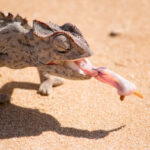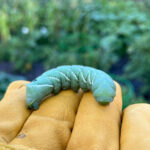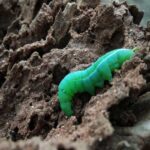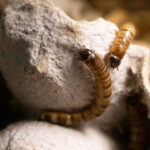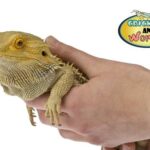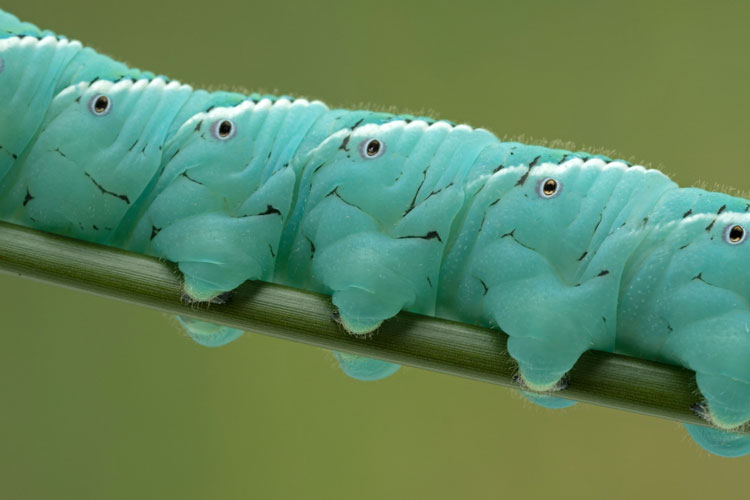
A Guide to Harnessing the Power of Hornworms in Reptile Nutrition
In the intricate world of reptile nutrition, the quest for optimal health and vitality often leads enthusiasts to explore the power of hornworms in reptile nutrition. One such nutritional powerhouse that has gained traction among reptile keepers is the humble hornworm. These caterpillars, known for their vibrant green hue and voracious appetite, bring a host of benefits to the table when it comes to feeding your scaly companions.
Understanding the Nutritional Profile of Hornworms:
Protein Prowess:
Hornworms are protein-packed, making them an excellent choice for reptiles that thrive on high-protein diets. Protein is a fundamental building block for muscle development, and for reptiles, especially those in the growth phase, a diet rich in quality protein is crucial.
Hydration Haven:
Reptiles often struggle to meet their hydration needs, particularly in captivity. What sets hornworms apart is their high water content, offering a unique way to supplement your pet’s water intake. This can be especially beneficial for species that have difficulty recognizing standing water sources.
Nutrient Variety:
Beyond protein, hornworms are a good source of essential nutrients such as calcium, potassium, and vitamins. The diversity of nutrients makes them a valuable addition to a well-rounded reptile diet, contributing to overall health and vitality.
Incorporating Hornworms into Your Reptile’s Diet:
Moderation is Key:
While hornworms boast an impressive nutritional profile, moderation is essential. As with any aspect of reptile care, a balanced and varied diet is crucial. Integrate hornworms as part of a diverse menu to ensure your reptile receives a wide range of nutrients.
Age Matters:
Consider the age and species of your reptile when introducing hornworms. Young, growing reptiles may benefit more from the protein-rich content, while older individuals might appreciate the hydration benefits. Tailor the quantity and frequency accordingly.
Supplementation Strategies:
To further enhance the nutritional value of hornworms, consider gut-loading them with nutrient-rich foods before offering them to your reptile. This practice ensures that the hornworms pass on additional vitamins and minerals to your pet.
The Environmental and Ethical Aspect:
Sustainable Farming Practices:
Opt for hornworms from reputable suppliers who adhere to sustainable farming practices. Responsible breeding and farming ensure the availability of hornworms without causing harm to natural ecosystems.
DIY Hornworm Farming:
For the more adventurous reptile enthusiasts, creating a DIY hornworm farm can be a rewarding endeavor. This allows you to have better control over the quality of the hornworms and ensures a steady supply for your reptile’s nutritional needs.
Crickets and Worms – Hornworms in reptile nutrition
In the realm of reptile nutrition, the incorporation of hornworms represents a thoughtful and beneficial choice for the well-being of your scaly companions. By understanding their nutritional benefits and implementing them sensibly into your reptile’s diet, you contribute to a healthier and more vibrant life for your reptilian friends. As with any dietary change, consult with a reptile veterinarian to tailor the feeding plan to your specific pet’s needs, ensuring a long and thriving partnership between you and your scaled companion.
Post Views: 603
Recent Posts
Categories
Most Viewed Posts
Recent reviews
-
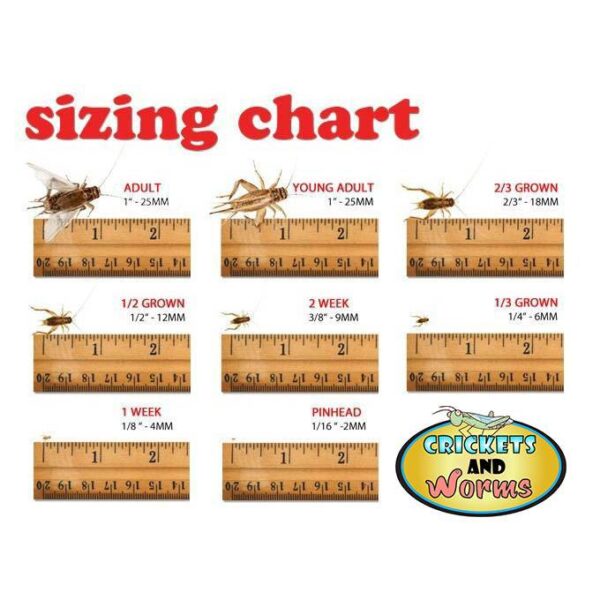 LIVE CRICKETS 1000/BOX
Rated 5 out of 5by Jeff C.
LIVE CRICKETS 1000/BOX
Rated 5 out of 5by Jeff C. -
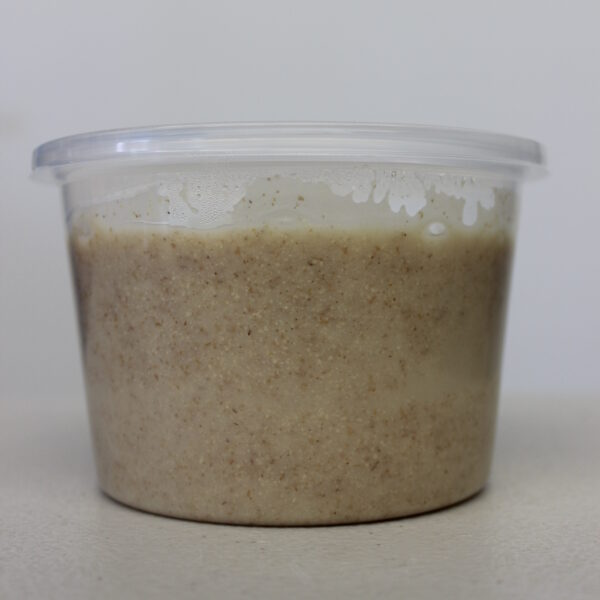 Hornworm Cooked Food
Rated 5 out of 5by Gemma
Hornworm Cooked Food
Rated 5 out of 5by Gemma -
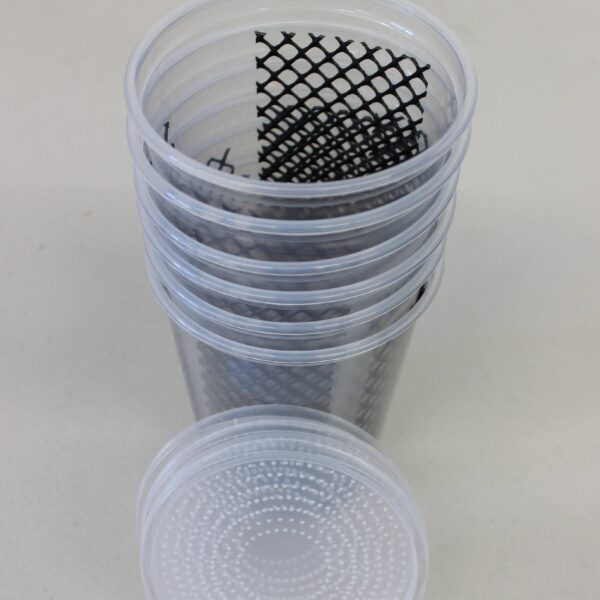 Hornworm Cup with Stapled Screen and Lid (5 pack)
Rated 5 out of 5by Gemma
Hornworm Cup with Stapled Screen and Lid (5 pack)
Rated 5 out of 5by Gemma

